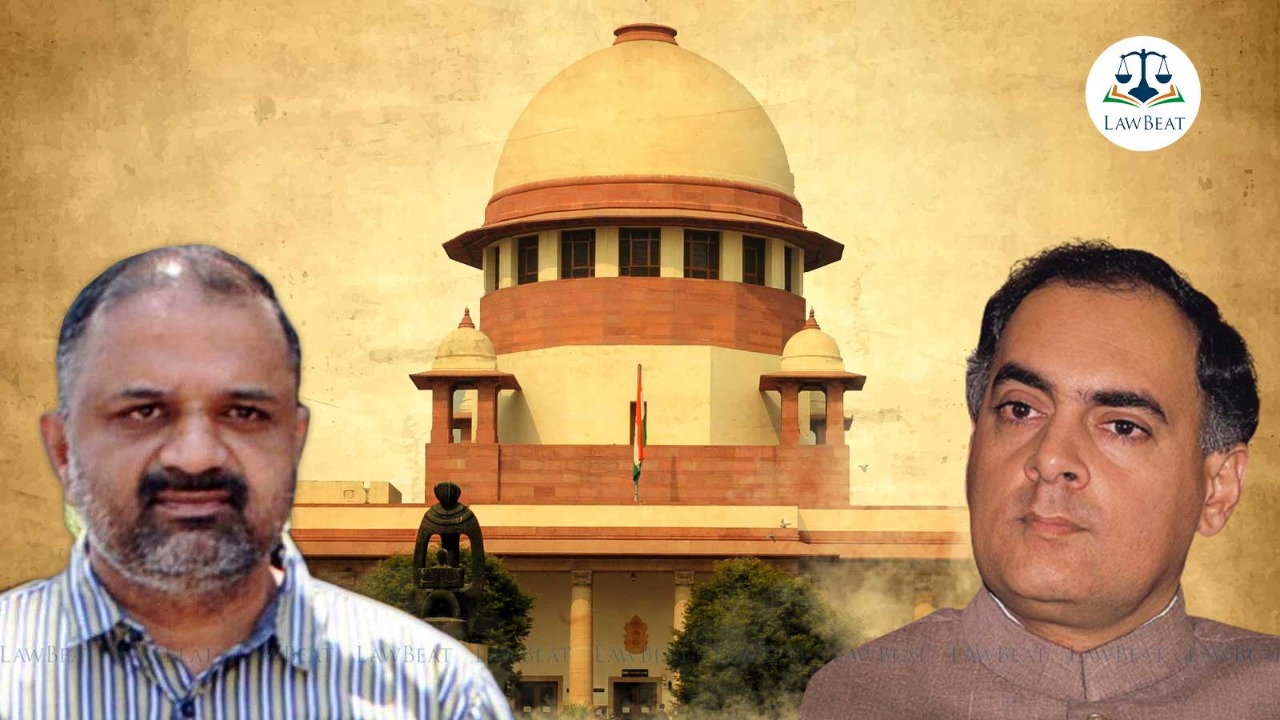“Federalism will be destroyed if State cabinet recommendations referred by Governor to President for approval”: Supreme Court remarks in Rajiv Gandhi assassination convict’s plea

A Supreme Court bench of Justices Nageshwar Rao and Gavai today while hearing the plea filed AG Perarivalan, a convict in former Prime Minister Rajiv Gandhi’s assassination case, remarked that the concept of federalism will be destroyed if the governor refers recommendation of the State government cabinet to president for approval.
The remark was made in the light of the fact that the governor of Tamil Nadu RN Ravi had referred files pertaining to early release of seven persons who were convicted in the Rajiv Gandhi assassination plot. It is to be noted that in 2018, Tamil Nadu government took a Cabinet decision recommending the release of seven Rajiv Gandhi assassination convicts and sent them to then Governor Banwarilal Purohit.
The Supreme Court had in 2014 commuted the death sentence given to Perarivalan to life imprisonment. The present SLPs have been filed against orders of the High Court in 2015 which challenged the order of the TADA Court refusing to monitor investigation. Perarivalan has filed an application in the SLP seeking early release.
On the last date of hearing, the Supreme Court granted bail to Perarivalan since he had been in prison for over 30 years. The court further noted that the matter needs to be heard at length owing to the stand taken by the government that the State Government does not have the power to entertain a mercy petition under Article 161 of the Constitution of India, especially when the sentence of death imposed has been commuted to life. The matter came up today for further hearing on this aspect.
When the matter came up for hearing, Gopal Shankarnarayanan, Sr. Adv, appearing for Perarivalan submitted that the plea for early release has been pending with him since 2018 and that the governor has not decided on the issue despite the cabinet of the State government recommending that he be released earlier.
Rakesh Dwivedi, Sr. Adv, appearing for the State of Tamil Nadu, said, “The controversy here is as to which government is the appropriate government to decide this. CrPC says it is that government whose executive power extends in the subject matter.”
The court then asked ASG KM Natraj as to what provision of the constitution was used by the governor to refer this to the president. The ASG replied that the governor had done it under Article 72 of the constitution and that this provision of law was the source of his power.
The court further informed him that since Perarivalan has already undergone 36 years of imprisonment and that the ASG will have to distinguish how his case is different from the others who have had the benefit of the orders of the Supreme Court.
The court then proceeded to question the ASG on the source of the power of the governor to refer such matters to the president, the court further informed the ASG that the right course of action by the governor would have been to send the proposal back to the State government.
The ASG submitted that, “If a representation has been sent to the governor for which he does not possess the power, he has to send it to the president. Had he taken a call, it would have exceeded his power.” Gopal Shankarnarayan at this point remarked that if this argument is accepted by the Supreme Court, every criminal case will have to be prosecuted by the central government. The ASG at this point submitted that the matter maybe kept for some other day as it requires detailed consideration by the court.
The court at this point remarked that,
“If a governor is not happy with the decision of the cabinet, he will refer it to the president. This will destroy the federalism of the constitution.”
The matter has now been adjourned to May 4,2022 for further consideration.
Case title: Perarivalan Vs State of Tamil Nadu
